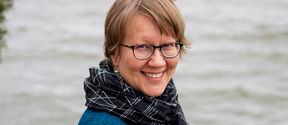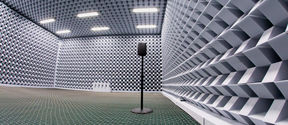Description
A huge amount of information is created through speech and language – from writing and conversation to videos. With artificial intelligence gaining more prominence, there is also a growing need for technology that helps AI-empowered solutions to communicate quickly and impeccably in various languages. By becoming a student in speech and language technology, you secure a place in a fast growing, future-proof field. Besides improving technological applications, you get to solve important societal challenges, such as working towards a more equal education system and helping the healthcare sector to benefit from these technologies.
Upon graduating from the Computer, Communication and Information Sciences - Speech and Language Technology, graduates will have:
A strong theoretical and methodological background of speech and language technology. Graduates possess a toolbox of knowledge on machine learning, mathematical and statistical language modeling, as well as speech analysis, synthesis, recognition, and coding.
Advanced programming skills. Graduates master various programming languages and tools, and have the ability to design, implement, test and maintain practical machine learning and speech and language processing systems.
Extensive data analysis skills. Graduates have an in-depth understanding of the nature and diversity of data and how it can be translated into information by machine learning.
Mathematical and statistical modelling skills. Graduates master the use of mathematical models and the underlying statistical assumptions, allowing them to make accurate predictions from real world data.
Extensive knowledge about the state of the art research in the field. Graduates benefit from the top-notch research led by professors and researchers and have the basis needed to embark on a career in research, should they wish to do so.












